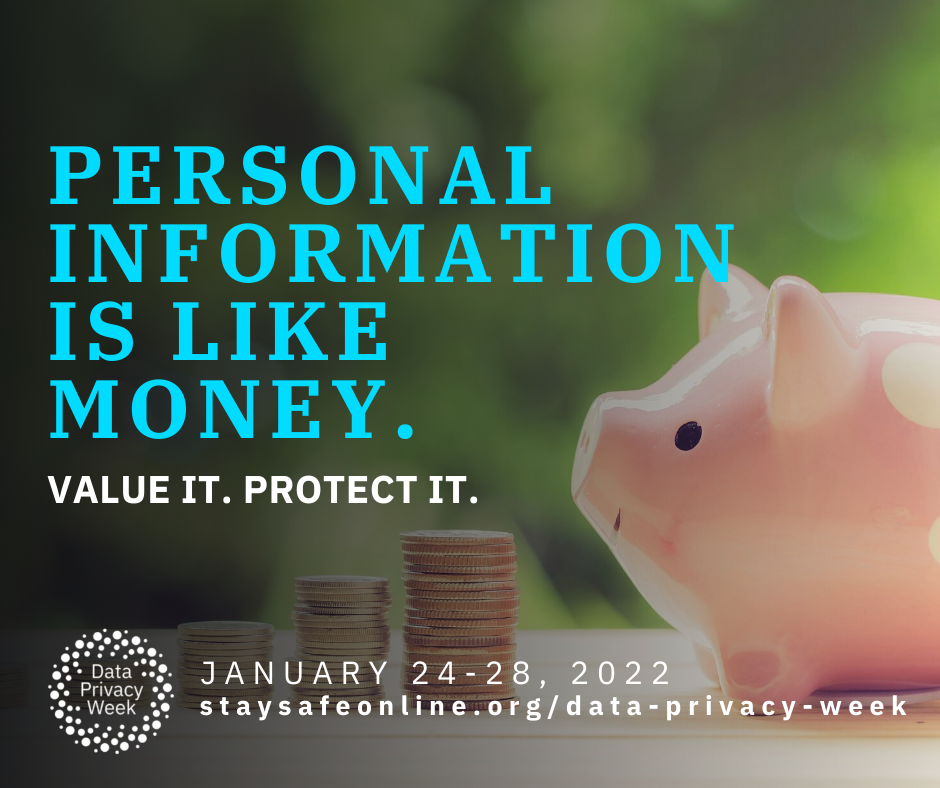
Data Privacy: How to Protect Client Trust and Stay Ahead
From client information to online shopping habits, service providers and eCommerce businesses rely on data every day to deliver great experiences. But with that opportunity comes responsibility.
Consumers are becoming more aware of how their data is collected and used, and they expect businesses to take privacy seriously. In fact, surveys show that many people hesitate to share personal details unless they trust a company’s privacy practices.
Here are a few practical steps to make data privacy a priority in your business:
1. Communicate clearly about privacy
Tell clients exactly how you collect, use, and protect their information. Keep it simple and transparent. Whether you are a coach managing client intake forms or an eCommerce brand processing orders, clear communication helps build trust.
2. Audit how you collect data
Review the ways your business gathers and stores information, including tools that collect data on your behalf. Make sure your practices align with current privacy regulations. Designing privacy settings with client protection in mind by default goes a long way toward reducing risks.
3. Understand and manage risks
Only about half of businesses conduct a data risk assessment, yet it is one of the most effective ways to identify vulnerabilities. By reviewing where your data lives and how it flows, you can spot gaps and build safeguards into your operations. This not only reduces risk but also creates a culture of accountability.
4. Train your team
Data privacy is not just a systems issue, it is a people issue. As more work moves online, ongoing training and awareness become essential. Make sure your team understands their role in protecting client information and keeping your business compliant.
Why This Matters
For coaches, consultants, and eCommerce businesses, privacy is more than a legal obligation. It is about safeguarding relationships and maintaining trust. Clients want to know that their personal details are safe in your hands.
By taking simple but consistent steps, clear communication, regular audits, risk assessments, and staff training, you not only protect your business but also strengthen your reputation.
